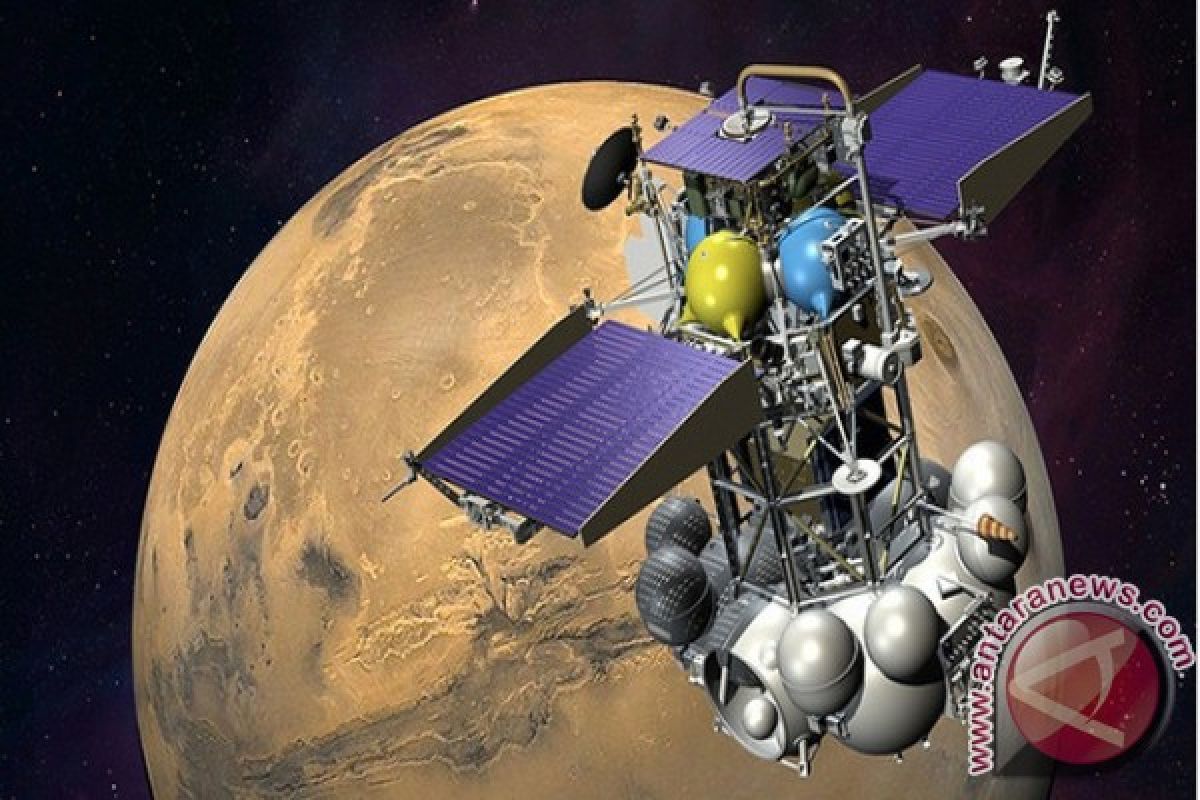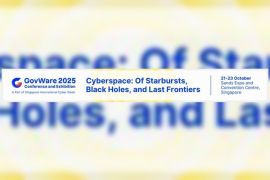"People should not touch or come close to any strange debris that has fallen on earth after hearing thunder-like sounds in the sky at dawn or in the evening ," Ma`arufin said here Thursday.
The satellite`s debris was most likely to descend to earth at dawn or at between 03.00 and 05.00 am or between 01.00 and 04.00 pm local time, he said.
Basically, the satellite`s debris would bring two hazards, namely its impact on hitting earth and its toxicity, Ma`rufin said.
If the debris, weighing more than 200 kg, fell on a house, it would cause as much damage as the meteorite that hit a house in Duren Sawit, Jakarta, in 2010, he said.
The other danger was the debris`s toxicity as the Phobos-Grunt satellite contained a very toxic chemical substance, Dimetil Hidrain which could blister and burn human skin.
"Report immediately to the authorities, when you find any part of the debris," he said.
According to Ma`rufin, all satellites which fail to orbit and are trapped in the earth`s atmosphere carry such risks and hazards. Moreover, the Phobos-Grunt satellite had a huge mass and a lot of toxic material.
"Its descent line covers almost all of Indonesia`s territory," he said.
The Phobos-Grunt satellite was a vehicle to take soil and rock samples from the planet Mars and to carry samples of bacteria, plants, vertebrates for a space mission.
The Rp1.5 trillion satellite was launched from Baikonur Cosmodrome, Kazakhstan, on November 8, 2011 but it failed to reach Mars and was now roaming around in the Earth`s atmosphere.
(Uu.A059/HAJM/O001)
Editor: Priyambodo RH
Copyright © ANTARA 2012










